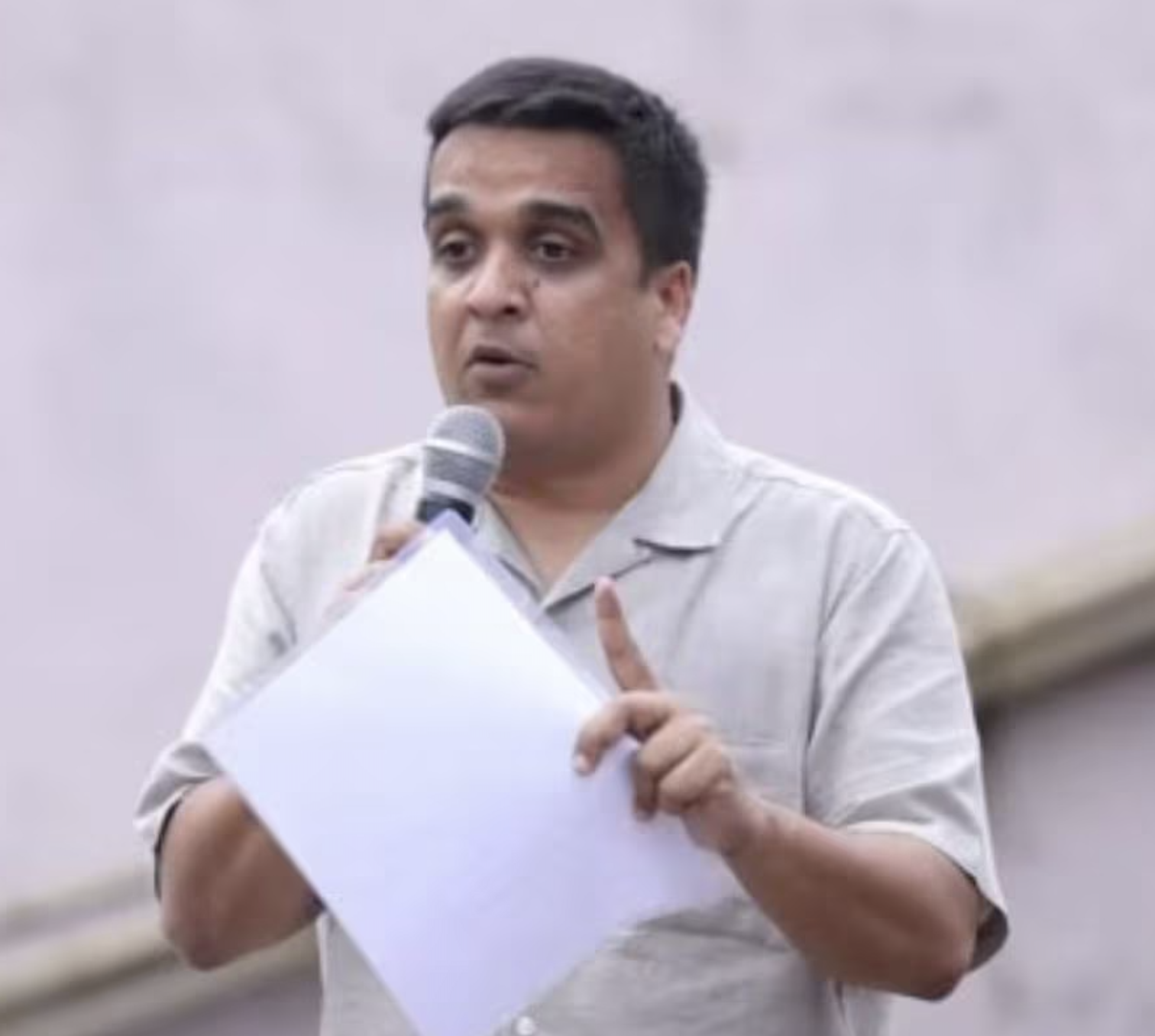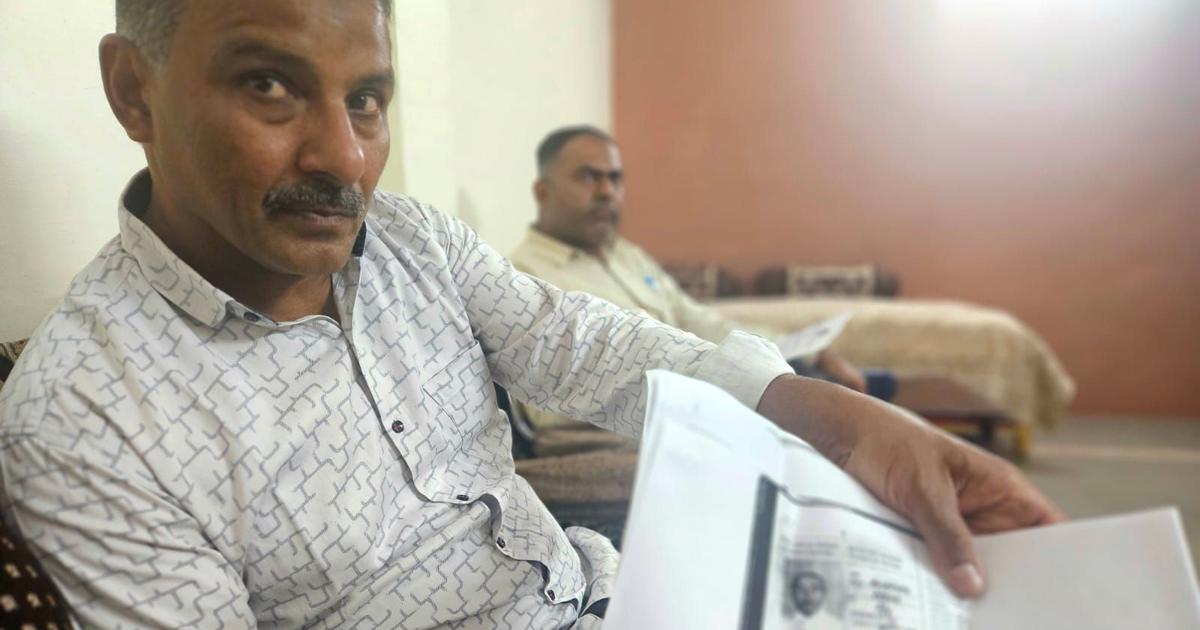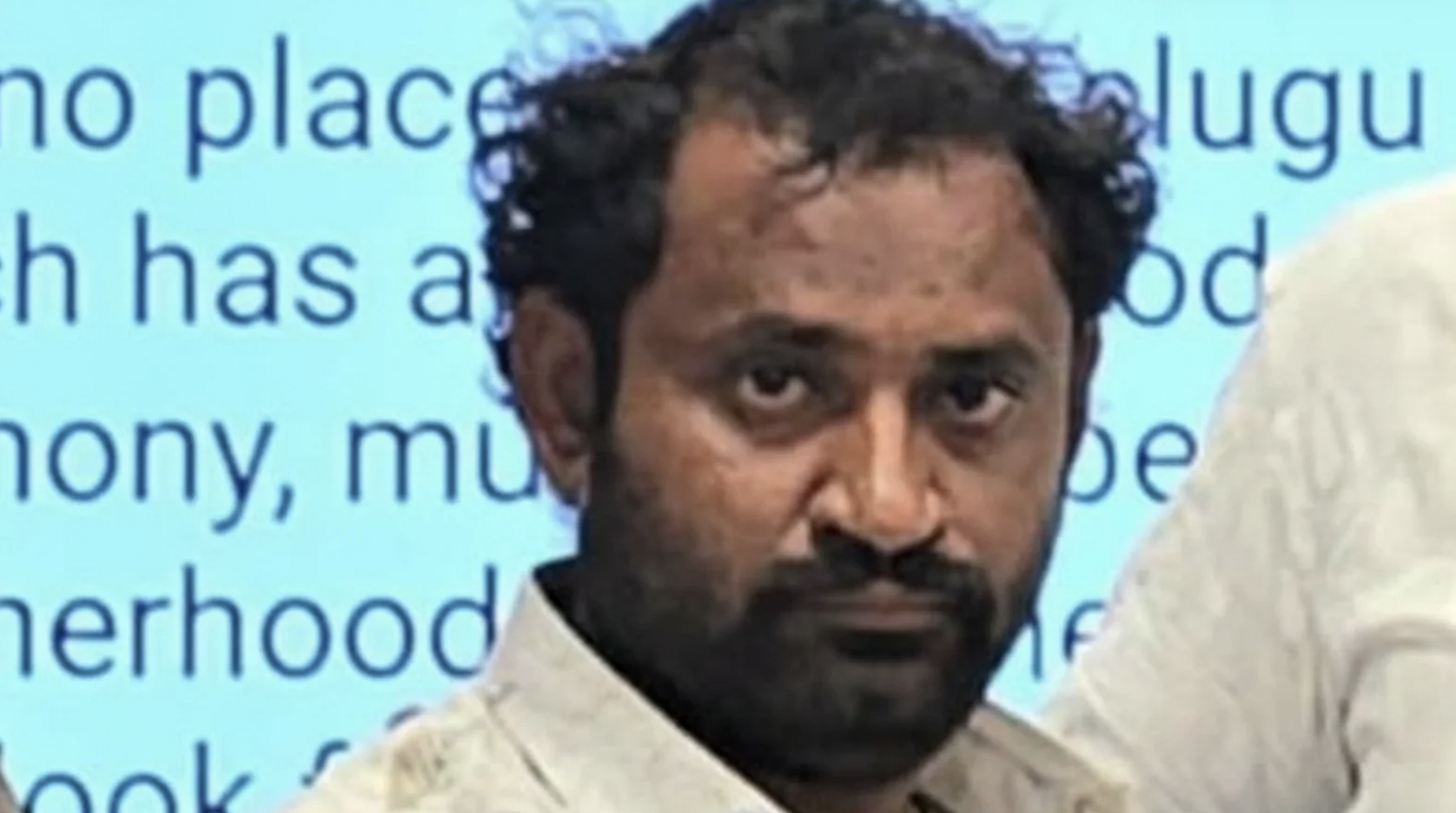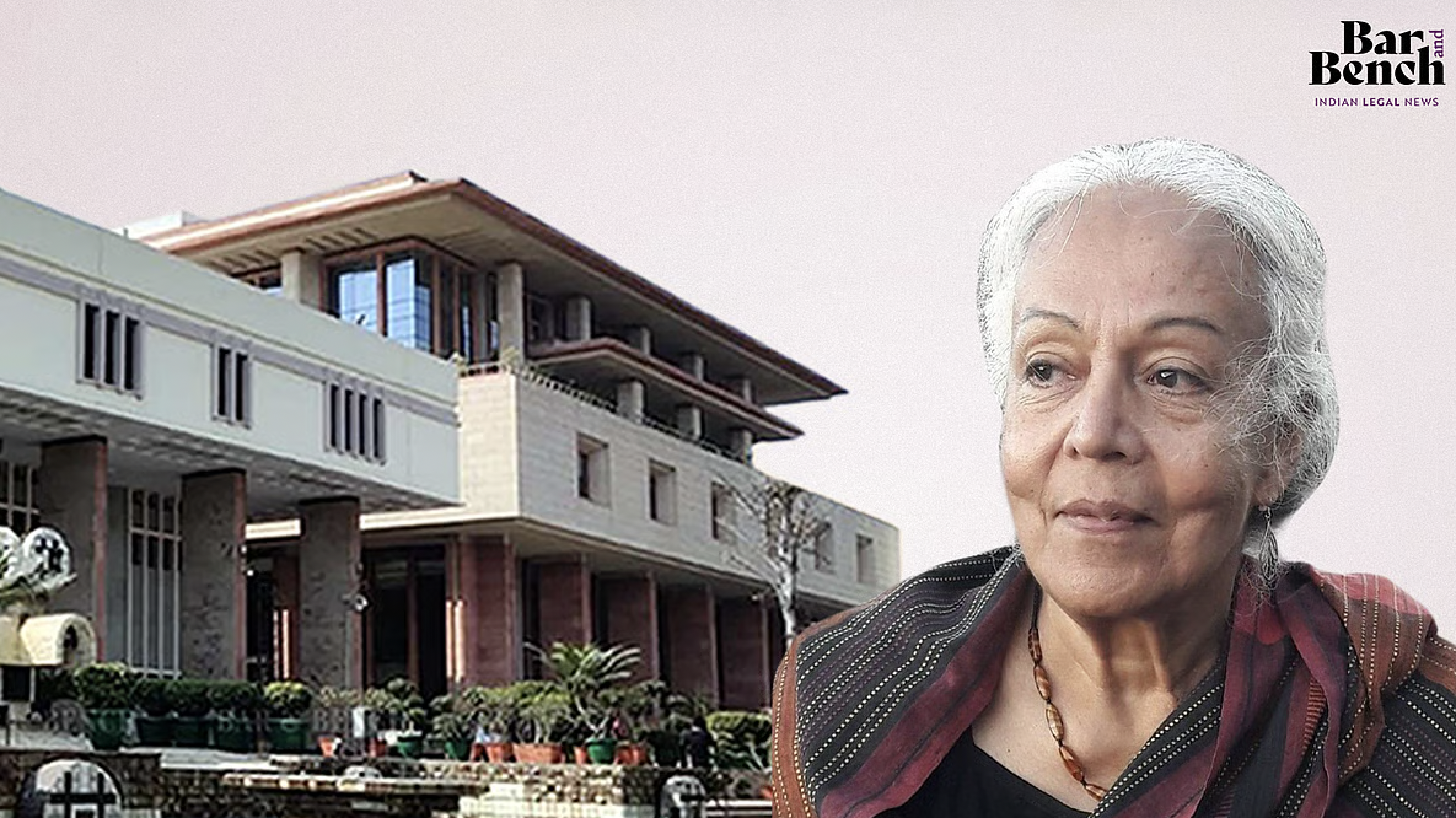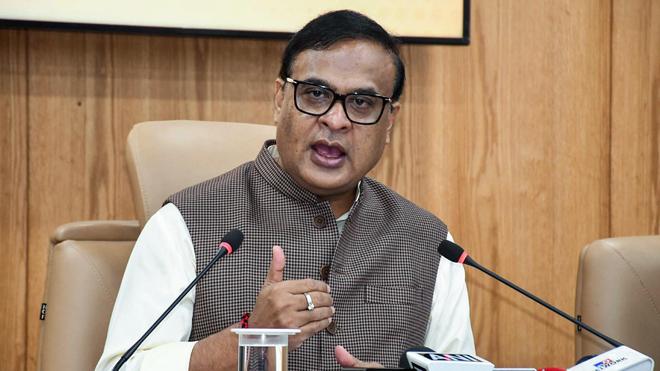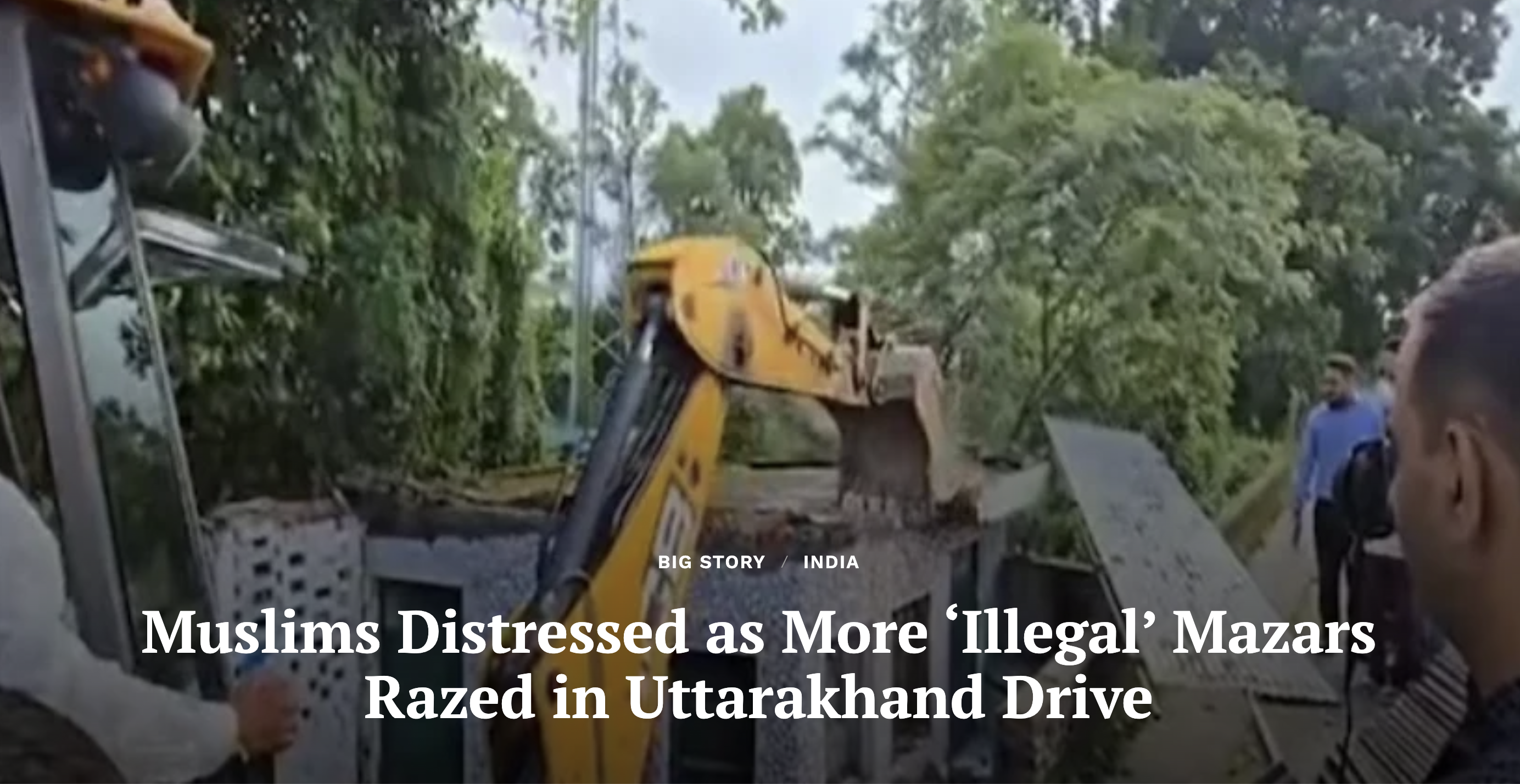
by Team Clarion
DEHRADUN – The campaign to demolish religious sites in Uttarakhand has gathered momentum with authorities dismantling two more Muslim mazars (mausoleums) in Dehradun, raising concerns over the impact on minority communities. The move is part of a broader campaign by Chief Minister Pushkar Singh Dhami’s government against alleged illegal constructions on government land.
District officials confirmed that the two mazars, one in Badri Pur Nagar and the other in Nehru Gram Block Raipur, were demolished recently. Both the sites had received notices prior to the action but reportedly did not respond.
“These mazars have been part of our community for years. Destroying them without consultation deeply hurts our religious sentiments and leaves families in distress,” said a local resident, requesting anonymity.
Officials said one mazar was built on land belonging to the Irrigation Department, while the other stood on land owned by the Government of India’s Department for Persons with Disabilities. The demolition operation involved the local magistrate Pratyush Singh, SDM Hari Giri, and a large police contingent to maintain order.
Sources report that, so far, the government has demolished 547 alleged illegal mazars across the state and reclaimed nearly 9,000 acres of government land from encroachment. Authorities continue to identify structures believed to have been built unlawfully on public property.
“Our focus is on preserving the cultural and administrative integrity of Uttarakhand. Any illegal construction on government land will not be tolerated,” said an administrative officer involved in the operation.
Chief Minister Dhami has emphasised that Uttarakhand is known as Devbhumi, or the Land of the Gods, and its cultural identity must be protected. In a public statement, he said that some individuals were allegedly attempting to occupy government land by erecting mazars under blue tarpaulins.
“Such actions are not acceptable under any circumstances. We are committed to preserving the sanctity of public lands and the cultural character of the state,” he added.
This story was originally published in clarionindia.net. Read the full story here.


